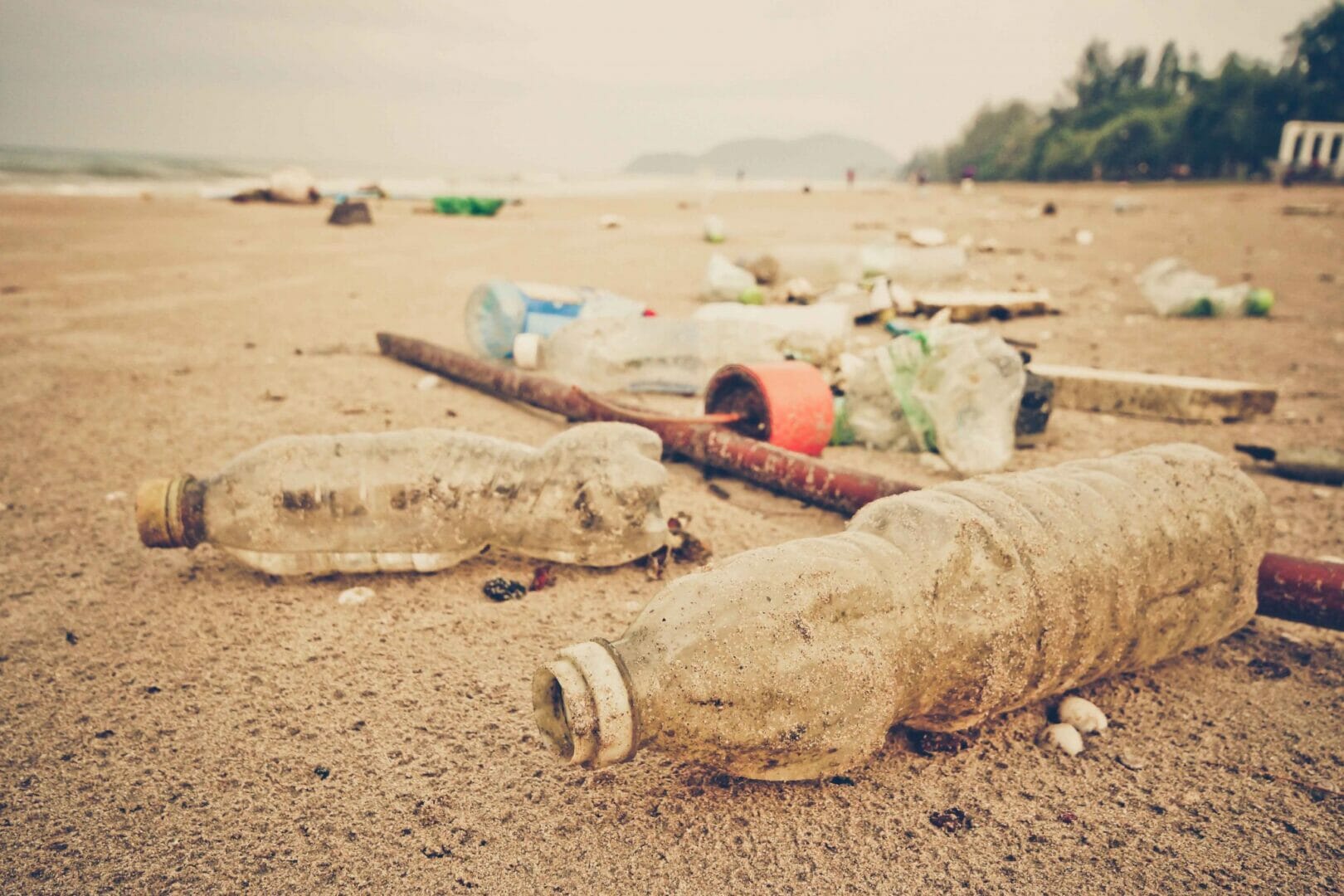The importance of Corporate Social Responsibility in manufacturing
If you find plastic in your food at a restaurant, you might want to send it back. But instead, should we be asking about where it came from and our part in it getting there? Here, Jonathan Wilkins, marketing director at obsolete industrial parts supplier EU Automation, explains the role of manufacturing in reducing plastic waste.
New research by scientists at NUI Galway found that deep water fish living at depths of up to 600 metres in the northwest Atlantic Ocean had ingested plastic particles. Of the 233 fish they had gathered, 73 per cent had microplastics in their stomachs. The researchers reported that this is one of highest frequencies of microplastics ever recorded in fish worldwide.
The recent BBC Blue Planet series highlighted the growing use of plastics across the world and the dangers they cause. Now, companies across the world are pledging to reduce the use of unnecessary plastics, particularly single-use plastics, to help save our oceans and our planet.
But, what does this have to do with manufacturing?
Man-made miracle
Manufacturers started mass-producing plastic in the 1950s because of its many benefits — it is versatile, durable and resistant to degradation. You can find plastic in thousands of products, from clothing and food packaging, to electronic device parts and car parts.
Despite its usefulness, the qualities that make plastic versatile also make it impossible for the material to biodegrade. Now, 50 years after beginning to mass-produce plastics, it is estimated that there are 8.3 billion tonnes of plastics on our planet – half of which were produced in the last 13 years.
Companies such as frozen food supermarket Iceland have pledged to reduce how much plastic they contribute to this figure and are looking for alternative packaging solutions. Manufacturers should pledge to do similar work to improve their corporate social responsibility (CSR).
Ethical transparency
Companies need to do more than provide high-quality products at low costs to remain competitive and meet consumer demands. As consumers become more aware of issues such as plastics, they will begin to prioritise CSR when choosing a company.
Companies should always conduct business ethically and take account of how the business will have a social, economic and environmental impact.
Circular economy
Over the past few years, manufacturers have taken steps to reduce waste without compromising on quality and productivity. Manufacturers can invest in technology that promotes lean manufacturing — a process that reduces unnecessary waste.
Lean manufacturing supports the core ideology of the circular economy — that emphasises the need to get the maximum value from every product by finding a new use for it after it has fulfilled its purpose — reducing waste. Manufacturers should consider how they can re-use plastics rather than rely on single-use plastics.
Researchers claim that if we change the design of plastic, it will be easier for us to recycle them. “If plastic products are designed with recyclability in mind they can be recycled many times over,” explains Richard Thompson, professor of marine biology at Plymouth University. “Some would say a bottle could be recycled 20 times. That’s a substantial reduction in waste. At the moment poor design limits us.”
By following these principles, manufacturers can contribute to improving the environment without comprising on the quality of its services. As more companies agree to reduce their reliance on plastics, it is more probable that we can save our oceans and our planet.





